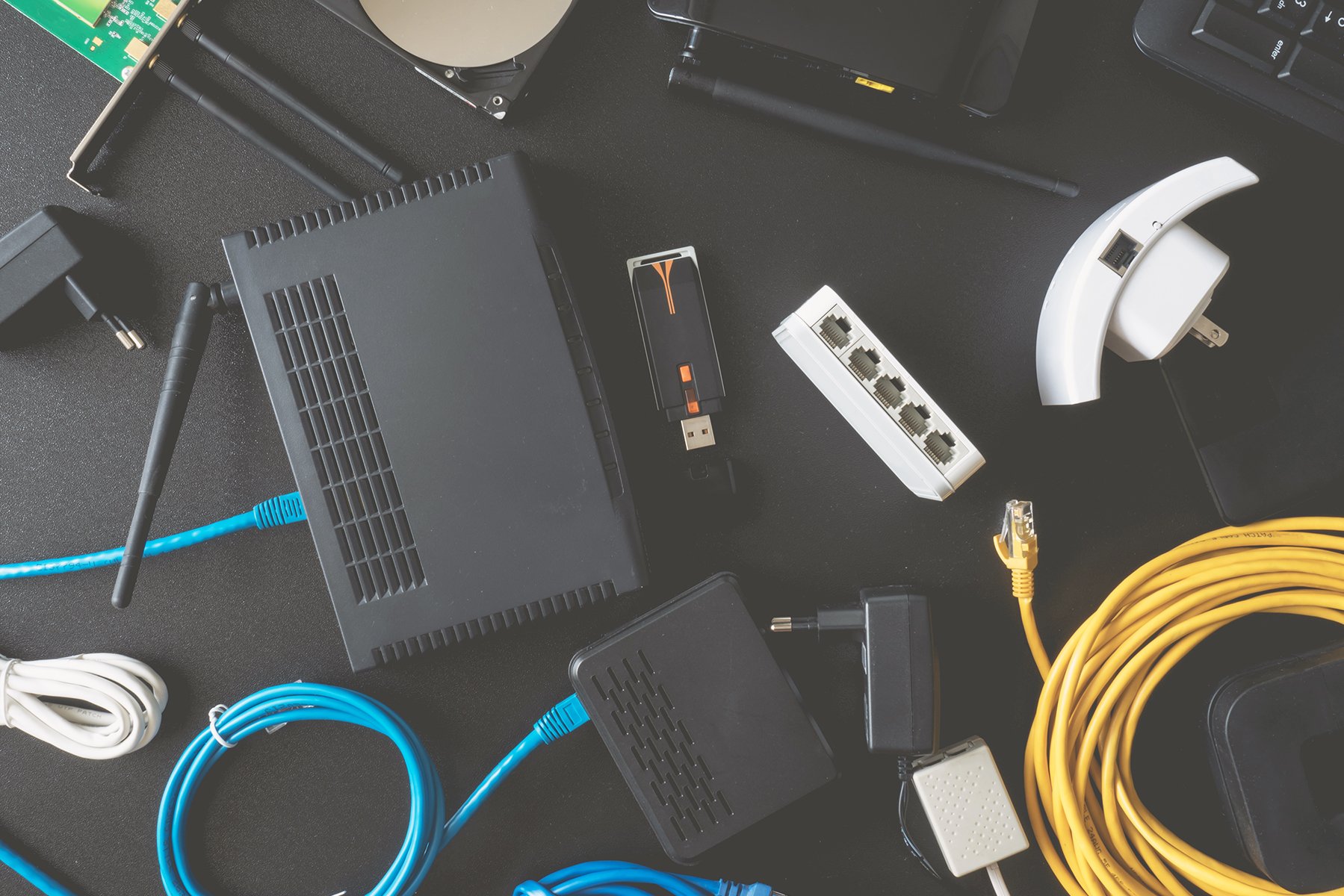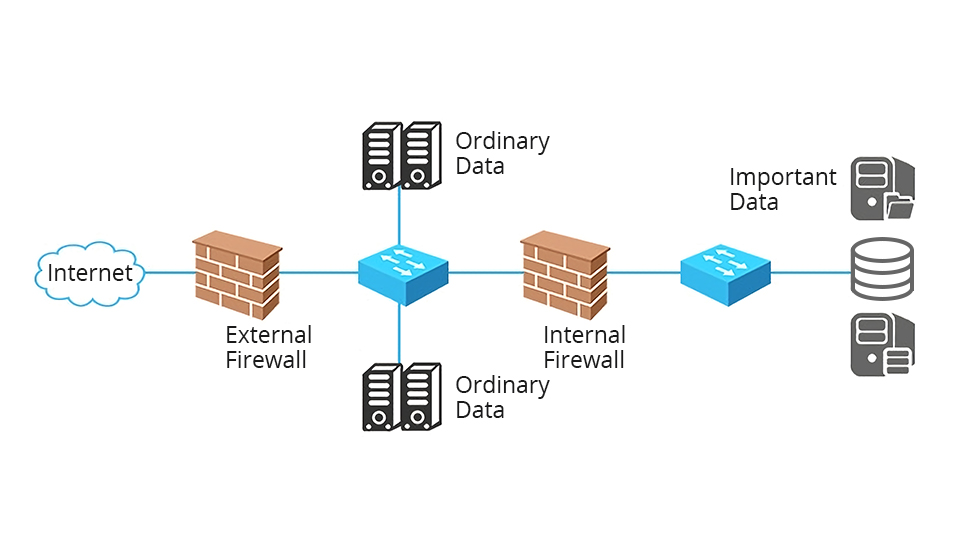Network hardware is critical for any organization that wants to ensure a secure, reliable and fast connection to the internet. Switches, routers and firewalls are some of the most important pieces of network equipment used in modern networking.
Understanding how these devices work together can help organizations protect their data while providing seamless access to valuable resources. In this article, we will explore the basics of switches, routers and firewalls so you have an idea of what they do on your networks.
1. Understanding Switches: An Overview of Networking Connectivity

Switches, routers and firewalls are key components of any network setup. Understanding the basics of networking equipment is critical to ensuring that your network runs smoothly and efficiently.
Switches, such as Cisco switch allow multiple computers, printers or other devices connected on a local area network (LAN) to communicate with each other. Routers connect LANs together so they can send data over longer distances such as across the Internet or within a large building.
Firewalls protect networks from unauthorized access by controlling incoming and outgoing traffic based on predetermined rules. By understanding how these three pieces of equipment work together, you can create an efficient and secure system for connecting different parts of your business or home network.
2. Exploring Routers: The Core of Network Infrastructure
Routers play a critical role in any modern network infrastructure. Routers are used to connect different networks together and route traffic between them. They are also responsible for providing security measures such as firewalls and packet filtering, which helps protect the networks from malicious activity.
Routers can also be configured to perform Quality of Service (QoS) functions, allowing you to prioritize certain types of traffic over others depending on your needs. In summary, routers provide an essential core service in building a stable and secure network infrastructure.
3. Firewall Fundamentals: Securing Your Network from Threats

Firewalls are a vital part of network security. A firewall is a hardware or software device that filters and monitors the incoming and outgoing traffic on a network to protect it from malicious activity, such as viruses, worms, and hackers.
Firewalls can be used to control access to certain areas of your network by filtering out unwanted traffic based on predetermined rules. By setting up firewalls properly, you can protect against potential threats while still allowing legitimate users access to resources they need.
Firewall configurations also allow you to set up virtual private networks (VPNs) for secure remote connections between two points over an unsecured public connection.
Finally, firewalls can provide additional features such as intrusion detection systems (IDS) which detect suspicious behavior on the network in real-time and alert administrators when necessary.

